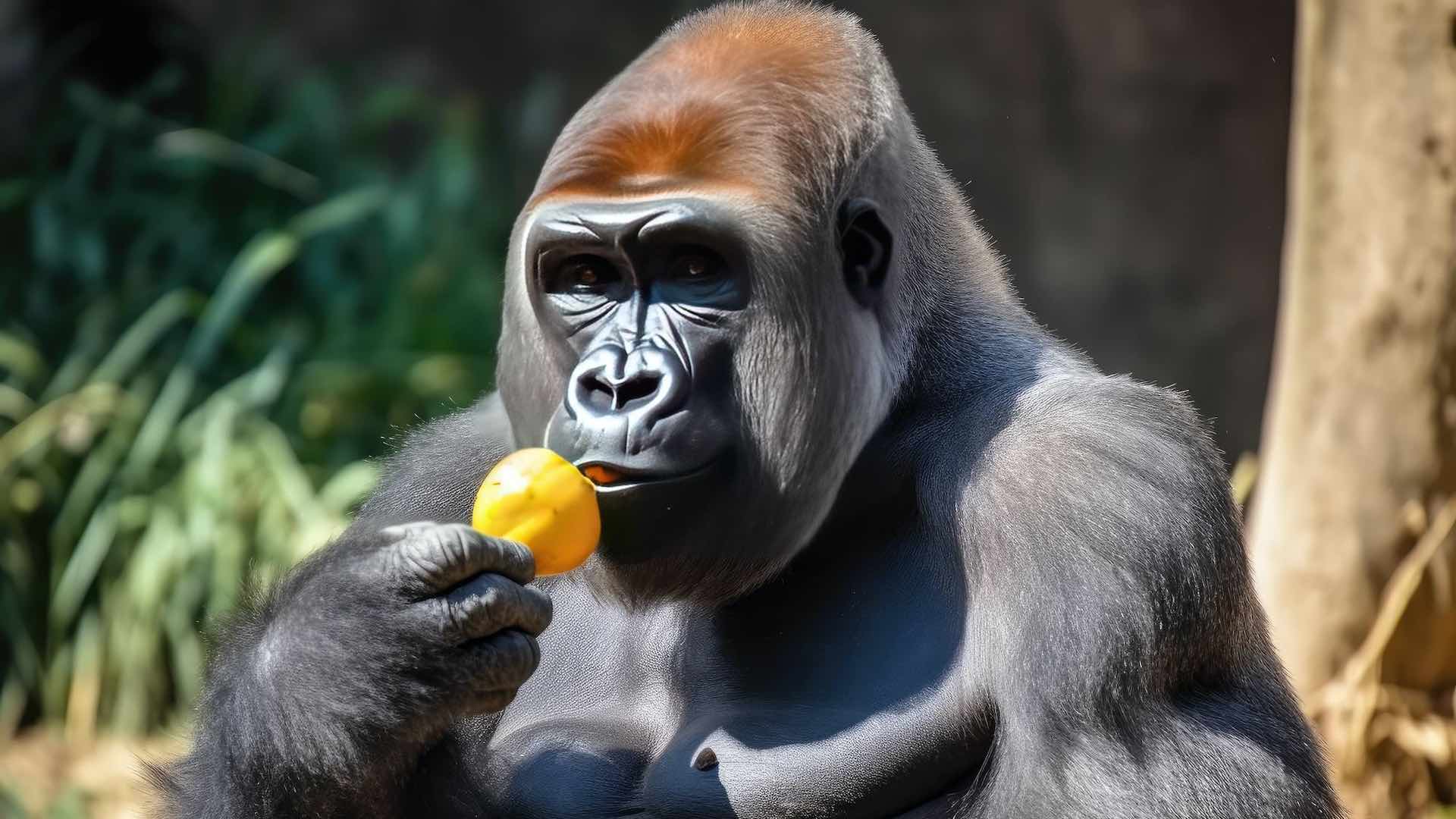In the sizzling backdrop of Athens, Tiembe, a 15-year-old Angolan lion, curiously examines his icy breakfast: slabs of red meat embedded within a foot-long ice block. After moments of contemplation, he begins to lick the frosty exterior, gradually extracting the succulent pieces of meat. The Attica Zoological Park, located just outside the Greek capital, has adopted this unique approach to keep its animals cool.

On Friday, as the mercury soared to a stifling 40°C (107.5°F), these frozen delights became a mainstay for the park’s residents. It’s worth noting that this marks the fourth heatwave in Greece in just under a month, according to AP reports. The escalating temperatures, coupled with raging wildfires, underscore a broader issue. These adverse climatic conditions pose a significant threat to biodiversity in southern Europe and are testament to the tangible impacts of global warming. Tragically, Greece’s diverse wildlife hasn’t been spared.
A harrowing instance is the fire on the island of Rhodes, which raged uncontrollably for 11 consecutive days. The inferno led to the evacuation of 20,000 individuals, with the majority being tourists. However, the local fauna wasn’t as fortunate. As flames engulfed mountainous terrains and a treasured nature reserve, around 2,500 animals and multiple beehives met a fiery end.
In a grim revelation by the Agriculture Ministry, approximately 50,000 olive trees were also destroyed. Heartbreakingly, the fallow deer, an emblematic creature of Rhodes, were spotted lifeless along the roads. While relief might be on the horizon, with temperatures anticipated to drop slightly by next week, Saturday’s forecast predicts an even more oppressive 42°C (107.6°F) in certain central regions of Greece.
